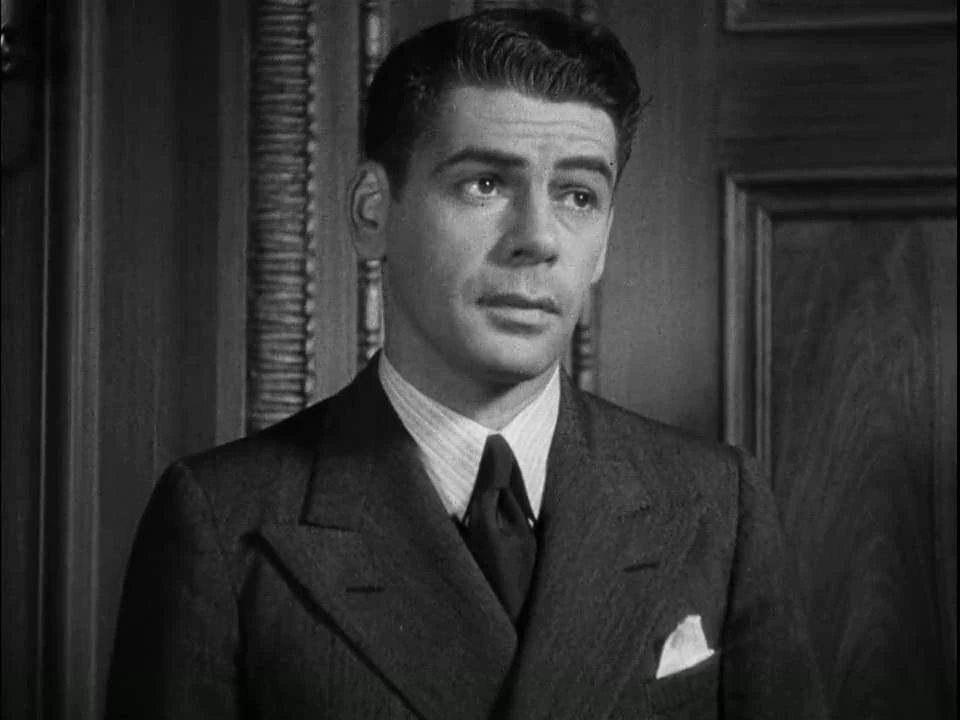I Am A Fugitive From A Chain Gang (1932)(SPOILERS)

The clue is in the title. The reason for the present tense is that Muni's character, James Allen, is still out there, a fugitive from the law. OK, I suspect he's passed over by now, but watch this slick and exciting film and you'll see what I mean.
The closing shot is memorable, as Allen slowly walks backwards into enveloping darkness, leaving his one true love distraught and us saddened by the downbeat ending.
Muni gives an excellent and sympathetic performance, moving from energised and optimistic hero returned from the Great War to a disillusioned shell of a man. Innocently caught up in a stick-up, he is convicted as an accomplice to robbery and sentenced to hard labour. Much of the film is taken up with the dispiriting business of life inside prison and although it inevitably shies away from the kind of graphic detail modern filmmakers might attempt. it is nevertheless a grim watch.
Allen's first escape enables him to become a successful engineer and model citizen (though while still on the run). His second is born of utter despair as the pardon he had been promised is suspended indefinitely.
The actions sequences are well-staged and gripping (if at times at little creaky, where camera speeds, for example, are not accurately maintained). When he first escapes and has to hide underwater using the well-known trick of using a reed as a breathing aid, the camera (presumably lurking behind, not in the tank that the actors are in?) is underwater too; we see his pursuers' legs come within inches of discovering him. Later, in an improbably fast car chase, the camera looks up from the ground as the vehicles pass overhead, getting us right inside the action. (I think this trick had been done before - possibly by the same director in Little Caesar?)
What I find most striking - and apologies if I've said this elsewhere - is that Hollywood is streets ahead of other countries' grip on conventional narrative cinema. Sometimes the dialogue may creak; there is less style in the visuals than, for example, the recent years in Germany where Expressionism still dominates (see M for example). And there is an argument that says you can keep your conventional narrative, what we want is "Art"! It's noticeable how many mainstream films now eschew (lovely word that) conventional narrative in favour of...well, I'm sure there's a technical term for it...non-sequential narrative. And I don't mean flashbacks. Look at the films of Christopher Nolan. He'd be no use as a witness for the defence as he simply can't tell a story in the right order.
Speaking of Nolan, I'm sure that many of today's action and blockbuster directors learned something from the likes of Mervyn LeRoy who helmed (ugh!) this film and Raoul Walsh who directed White Heat (1949).
Anyway, great film.


